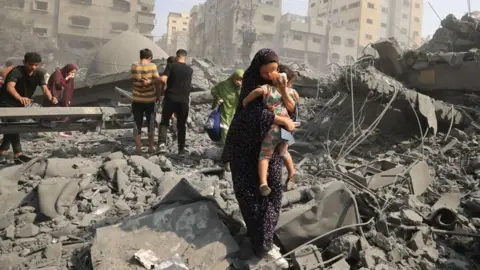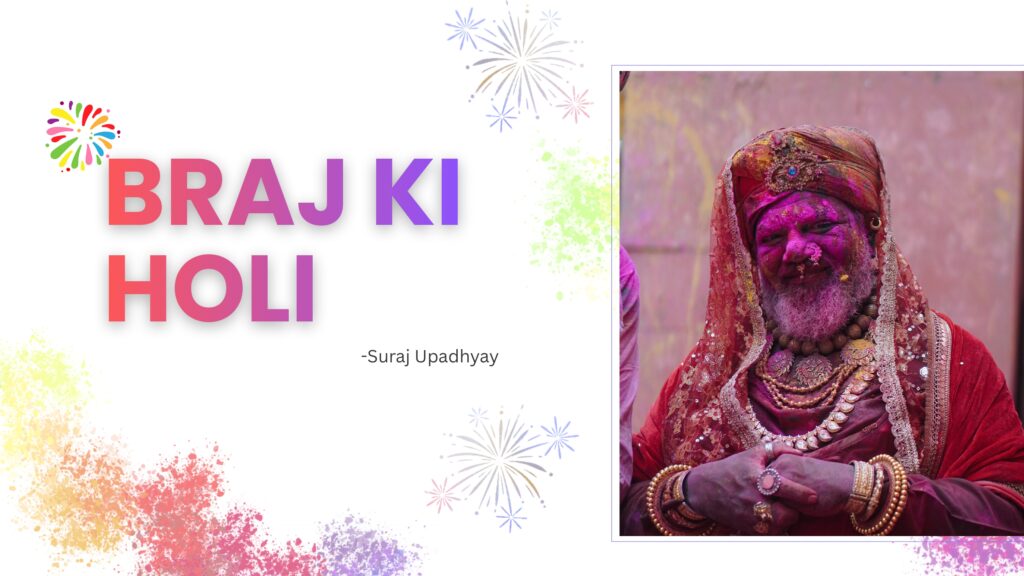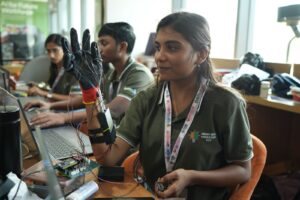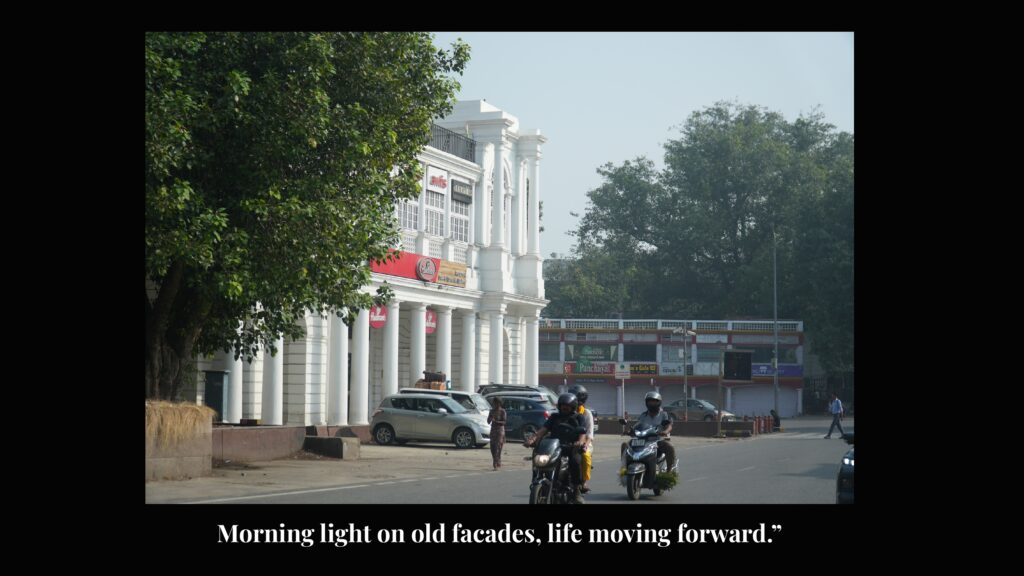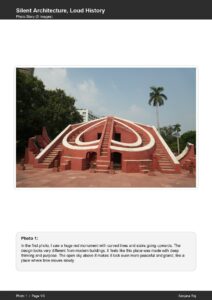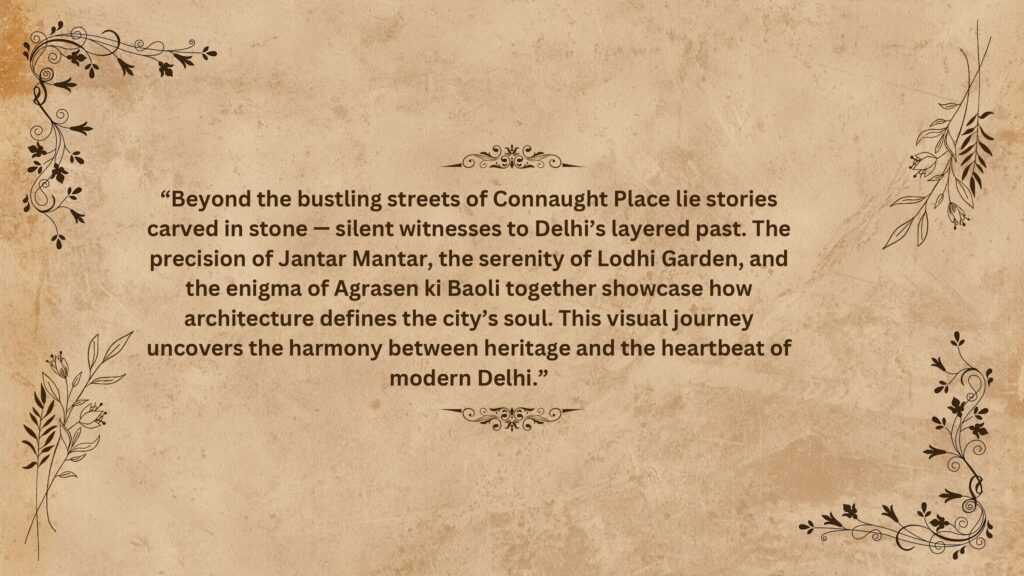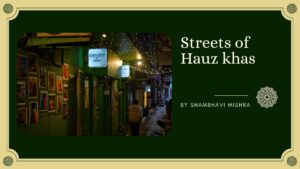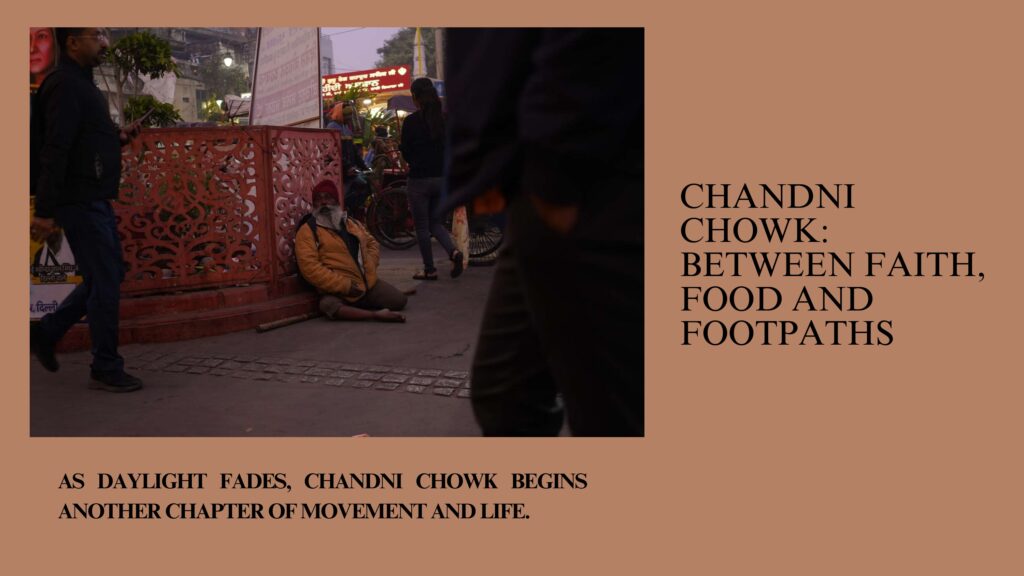In the volatile landscape of the Middle East, the Gaza Strip continues to simmer with tension, loss, and layered geopolitics. But beyond the dramatic headlines and hardened political rhetoric lies a quieter, more painful reality — the daily lives of people trapped in circumstances they never chose.
Take Amal, a young mother of three. Her mornings begin not with birdsong but with the hum of drones and the distant rumble of explosions. Her kitchen, once a warm space for shared breakfasts, now overlooks a skyline shattered by conflict. Amal’s story is just one among thousands — ordinary, yet profoundly moving. Her children, once playful and free, now instinctively duck at loud noises, their innocence bruised by the constant threat overhead.
What unfolds in Gaza is far more than a military confrontation. It’s a humanitarian unravelling. In the chaos of the Israeli-Palestinian conflict, essential human values — life, dignity, and hope — are often drowned out by politics and power games.
Recent UN data reveals a staggering toll: over a million people displaced, countless lives lost, and many more psychologically scarred. Schools have turned into shelters, while hospitals — low on supplies and electricity — are flooded with victims whose names and faces deserve more than to be lost in numbers.
And what has the global response been? Statements, promises, and political moves. But the bombs haven’t stopped. Social media continues to scroll, the world watches with detached sympathy, desensitized by repetition. It’s become easier to look away — or worse, to take sides and forget the humans caught in the crossfire.
But this is not a call to choose sides. It’s a plea to choose humanity. To piece together what remains before it’s too late. Amal, and millions like her, deserve more than silence. They deserve a world where borders don’t define their value, where peace isn’t a luxury, but a birthright.
And for that to happen, we must shift our focus — away from political podiums and toward the real voices on the ground. To mothers who cradle their children through airstrikes. To kids whose drawings tell stories no child should live through.
If Gaza holds up a mirror to the world, what do we see? The cracks in our compassion? The distortion in our media? Or the harsh reality that even in this hyper-connected age, empathy still struggles to find its place?
